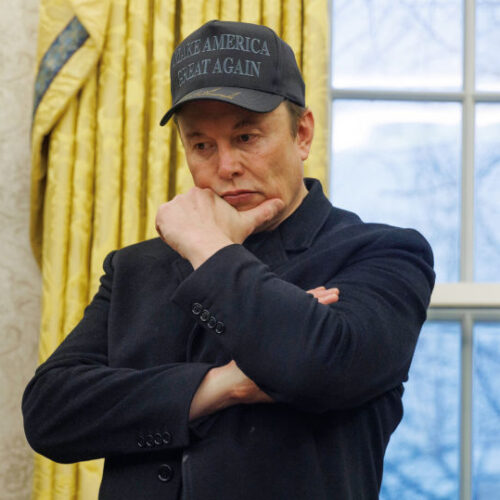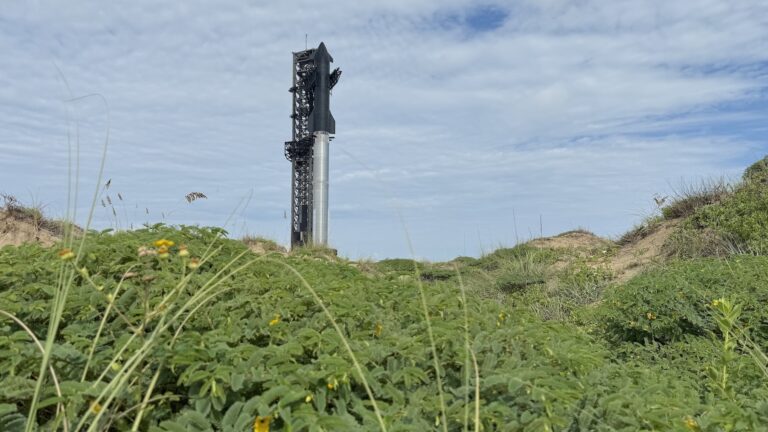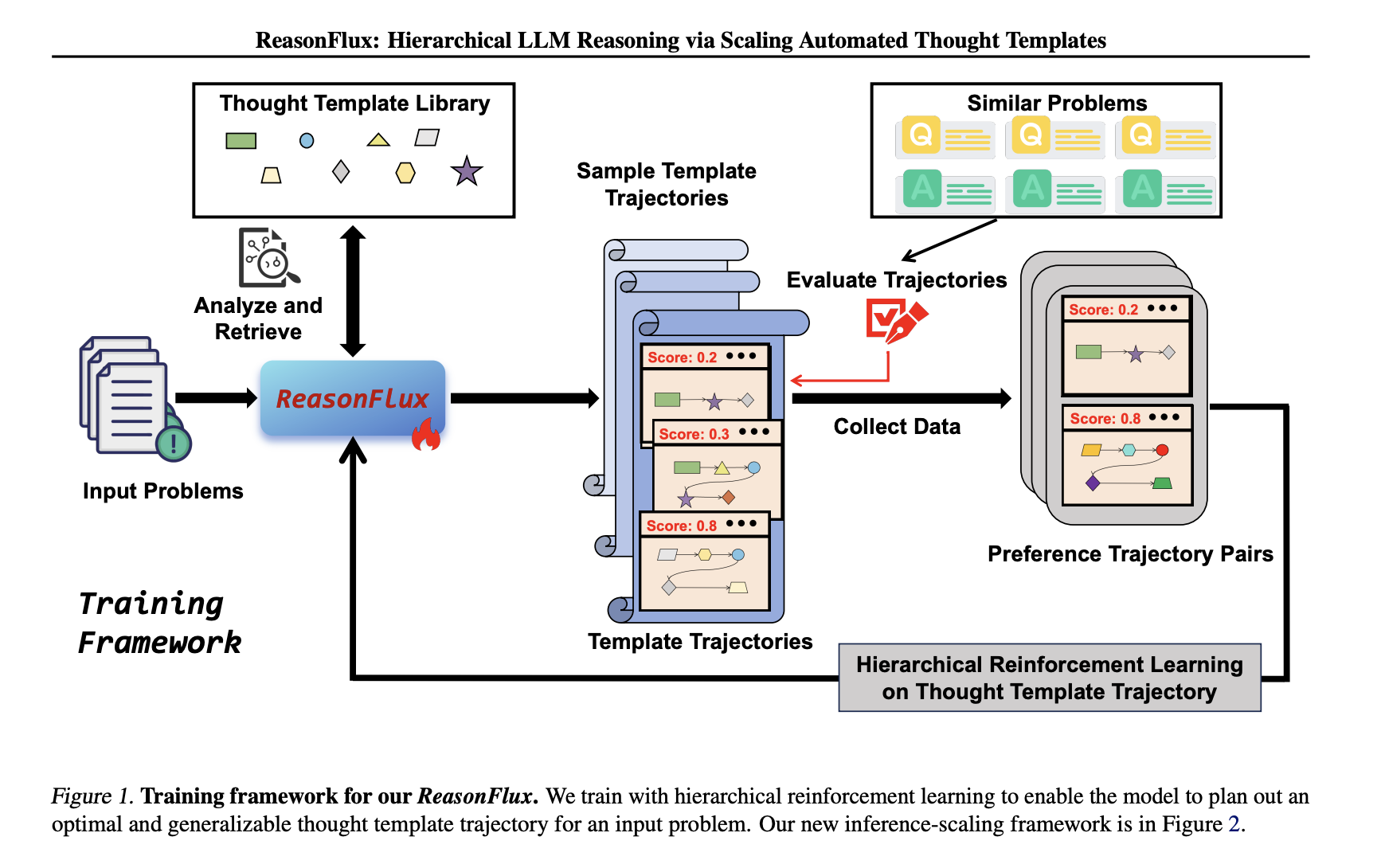OpenAI slams Musk’s lawsuit as part of his “ongoing pattern of harassment.”
After a public outburst over Grok’s App Store rankings, on Monday, Elon Musk followed through on his threat to sue Apple and OpenAI.
At first, Musk appeared fixated on ChatGPT consistently topping Apple’s “Must Have” app list—which Grok has never made—claiming Apple seemed to preference OpenAI, an Apple partner, over all chatbot rivals. But Musk’s filing shows that the X and xAI owner isn’t just trying to push for more Grok downloads on iPhones—he’s concerned that Apple and OpenAI have teamed up to completely dash his “everything app” dreams, which was the reason he bought Twitter.
At this point appearing to be genuinely panicked about OpenAI’s insurmountable lead in the chatbot market, Musk has specifically alleged that an agreement integrating ChatGPT into the iOS violated antitrust and unfair competition laws. Allegedly, the conspiracy is designed to protect Apple’s smartphone monopoly and block out AI rivals to lock in OpenAI’s dominance in the chatbot market.
As Musk sees it, Apple is supposedly so worried that X will use Grok to create a “super app” that replaces the need for a sophisticated smartphone that the iPhone maker decided to partner with OpenAI to limit X and xAI innovation. The complaint quotes Apple executive Eddy Cue as expressing “worries that AI might destroy Apple’s smartphone business,” due to patterns observed in foreign markets where super apps exist, like WeChat in China.
“In a desperate bid to protect its smartphone monopoly, Apple has joined forces with the company that most benefits from inhibiting competition and innovation in AI: OpenAI, a monopolist in the market for generative AI chatbots,” Musk’s lawsuit alleged.
The problematic deal doesn’t just set ChatGPT as the only chatbot linked to Siri and other naive iPhone features, the lawsuit alleged. It also gives OpenAI—which X noted already controls at least 80 percent of the chatbot market—exclusive access to billions of prompts that OpenAI can use as valuable training data to cement its lead.
Without similar access, even rivals from Big Tech companies like Musk’s can’t scale, the lawsuit said. That supposedly limits their ability to innovate both in terms of advancing their models generally and developing competing chatbots for Apple devices in bids to entice iPhone users to stop relying on native ChatGPT features.
If the exclusive deal is maintained, X alleged that Apple’s customers will have “less choice and receive generative AI chatbots with fewer features and capabilities,” while Apple will allegedly continue to sell iPhones at monopoly prices, and OpenAI plans to “double the price of its ‘plus’ subscription over the next four years.” That plan would be “unfeasible unless OpenAI has power over marketwide prices,” X alleged.
“In a competitive market for generative AI chatbots, usage of chatbots would be determined by customer choice,” X’s complaint said. “Generative AI chatbots would vigorously compete with one another to get customers to use their generative AI chatbot over rival ones. Defendants’ anticompetitive conduct has prevented this competition by handing a substantial portion of the market to ChatGPT. This conduct prevents ChatGPT’s rivals, such as Grok, from fairly competing with ChatGPT.”
But likely more concerning for Musk, if Apple has its “thumb pressed firmly on the scale for ChatGPT in its App Store,” it could mean that “investors face significant risk in backing anyone but the dominant market leader.” That means less money will likely flow to X as long as the deal integrating ChatGPT into iPhones remains in place. And according to X, starving resources to OpenAI’s rivals poses a further risk of making it easier for Big Tech companies to poach talent.
“Apple’s conduct inhibits the growth of AI and super apps by allowing OpenAI to maintain its monopoly and curtail innovation and investment in generative AI chatbots that would develop into super apps that replace iPhone functionality,” X’s lawsuit alleged.
X is hoping a jury will agree that—like Apple’s search default deal that helped entrench Google’s monopoly—the exclusive OpenAI deal violates antitrust law by entrenching monopolies. Expecting to recover billions in damages due to alleged harms like lost sales and threats to the X enterprise, X has asked for a permanent injunction blocking the deal.
X and Apple did not respond to Ars’ request for comment. In a statement to Ars, an OpenAI spokesperson noted, “This latest filing is consistent with Mr. Musk’s ongoing pattern of harassment,” possibly referencing OpenAI’s allegations in litigation that Musk has perpetrated a “years-long harassment campaign” to take down OpenAI.
Musk’s lawsuits are motivated to clear the field for xAI to dominate the AI industry instead, OpenAI has alleged.
Apple allegedly fears iPhones will become obsolete
The lawsuit makes it clear that Musk’s companies are struggling to figure out how Grok will ever get ahead of ChatGPT. Appearing to marvel at ChatGPT, the lawsuit noted that OpenAI’s chatbot has experienced “exponential growth” ever since it became the fastest-growing app in history to attract a million users, the lawsuit noted.
Now, with the iOS integration, only OpenAI will receive information when iPhone users prompt Siri or use Apple’s Writing Tools or camera application. Its rivals “also miss out on prompts by users who never download a generative AI chatbot through the App Store because the integration makes it unnecessary for them to do so,” X complained.
“There is no telling how long this exclusive arrangement will last,” X said, warning the court that OpenAI’s rivals “suffer harm every moment they are illegally denied access to these prompts.”
X suggests that Apple has no valid pro-competitive reason to give ChatGPT such exclusivity and seemed stung that Apple allegedly rejected xAI’s request to integrate Grok with iOS.
Supposedly, Apple has also rejected “numerous requests by xAI for the Grok app to be featured in the App Store,” including when the app launched and more recently when X debuted Grok’s new “Imagine” feature.
In addition to “manipulating App Store rankings,” Musk’s lawsuit accused Apple of “delaying approval for updates to xAI’s Grok app” as another way to reduce competition.
If not for all of this anticompetitive behavior, Grok and other rival chatbots would be “more widely used,” X alleged, and that would generate more revenue and accelerate chatbot innovation across the board. But Apple likely doesn’t want that to happen, because it fears that a superior Grok will fuel X super apps that will make it easier to switch to a cheaper smartphone—and perhaps one day make iPhones obsolete.
Musk fears deal could doom X “everything app”
X’s lawsuit alleges that shady finances of the OpenAI/Apple deal suggest it was designed to block AI innovation.
“OpenAI has provided ChatGPT to Apple for free and is functionally paying for the arrangement itself,” X’s complaint said, while noting that Apple allegedly doesn’t expect to receive a profit from the deal any time soon.
X noted a report indicating that Apple “pushing OpenAI’s brand and technology to hundreds of millions of its devices is of equal or greater value than monetary payments.” In short, X claimed that “OpenAI is willing to sacrifice short-term profits in exchange for such access” as a means of maintaining dominance. And Apple similarly has no expectations for short-term gains, only planning to take an “eventual cut” of “OpenAI’s monetization of ChatGPT prompts through its iPhones and other devices,” X alleged.
To X, it seems curious that Apple would exclusively partner with OpenAI despite there being no immediate profits and seemingly no technical reasons why it couldn’t offer the same deal to other chatbot makers. “By making the deal exclusive, Apple sacrificed the profits it would have earned had it integrated with multiple generative AI chatbots,” X’s lawsuit noted, alleging that the true motive was Apple and OpenAI’s shared goal of broadly blocking competition to entrench their monopolies.
X can’t possibly compete against the duo, the lawsuit insisted. Breaking down the numbers, X pointed out that “Siri represented 1.5 billion user requests per day globally” in 2024, which is “more than the total prompts for generative AI chatbots in 2024.” Supposedly this means that the deal with Apple gives OpenAI “exclusive access to up to 55 percent of all potential generative AI chatbot prompts.”
According to X, “the network effects are so strong that despite billions in investments by established tech companies, no competitor has been able to challenge ChatGPT’s stranglehold on the market.”
“ChatGPT was already the largest AI chatbot before the arrangement with Apple,” X’s lawsuit said. “Since Apple and OpenAI entered into the arrangement, rivals have had little hope to catch up on the scale needed to fairly compete with ChatGPT.”
For X, losing the lawsuit may even mean its doom, the complaint suggested. “Because Grok’s functionality is a key feature of the X app, the X app is more attractive the better Grok performs. And because Defendants’ conduct makes Grok less able to fairly compete with ChatGPT, X’s app (and thus X) suffers in the process. This results in fewer X app customers and subscriptions, and less revenue and profits, ultimately creating a depressed enterprise value for X.”
Ashley is a senior policy reporter for Ars Technica, dedicated to tracking social impacts of emerging policies and new technologies. She is a Chicago-based journalist with 20 years of experience.





